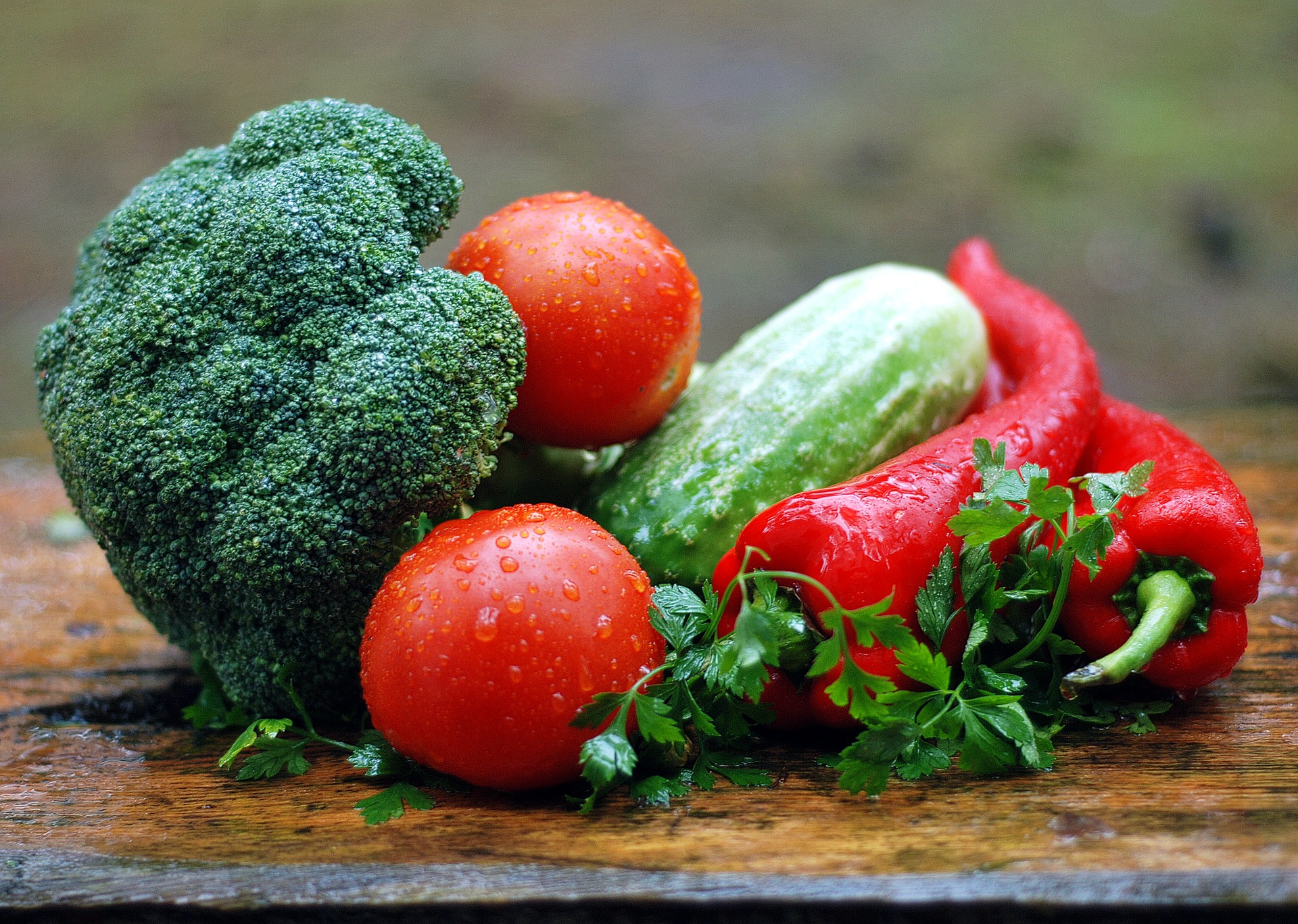For decades, having a vegetarian diet was the in-thing for many people. That’s before the world was introduced to vegan and its many benefits. Across the world today, millions of people have been making the switch from animal-based diets to vegetarian or vegan ones.
But some people think the terms vegetarian and vegan mean one and the same thing. Far from it. While the two might involve eating similar foods, they are often used to refer to different eating styles. So just what’s it that differentiates a vegetarian from a vegan diet?
What is a vegetarian?
Essentially, vegetarians don’t eat meats such as beef, poultry, seafood, and pork. They, therefore, religiously avoid meat in all its forms. However, vegetarians still feast on dairy foods and eggs.
What Is A Vegan?
Vegans, like their vegetarian counterparts, avoid all type of animal flesh in their diet. In addition to that, they avoid eggs, dairy foods and any other items sourced from animals. In other words, their plates exclusively feature plant foods and nothing else. They also don’t eat products made from gelatine, a pork-sourced protein. 7 Best Vegan Restaurants in America
For vegans, it is not just about the diet. They take it further to other aspects of their lives by choosing leather-free and fur-free clothing. To them, using beauty products that have been tested on animals is a no-no.
Type of Vegetarians
While all vegetarians don’t consume animal meat, variations exist on how they handle other aspects of the diet. The following are the different types of vegetarians:
- Lacto Ovo Vegetarian. This diet often excludes animal flesh or meat but may include milk and eggs.
- Ovo Vegetarian. In this group, we have the people who eat only eggs and a single dairy product. It also includes vegetarians who consume dairy products like milk, cream, and yogurt but avoid eggs in their diet.
- Demi-Vegetarian. These vegetarians typically consume eggs, dairy products, and fish but not meat from other animals.
- Semi-vegetarian. In this group are vegetarians who sometimes limit their meat intake. Their diet is, however, mostly meat-based.
Types of Vegans
Just like vegetarians, vegans are of many different types. They are usually categorized as follows:
- Ethical Vegans. These are the vegans you are likely to meet anywhere on the globe. They often prioritize their ethics over the stomach. To them, loving and caring for animals is much more important than what they eat. They don’t consume any dairy products whether it is milk, cheese, or yogurt. They also avoid eggs and honey like the plague. To them, using products made from animal parts and skin is a no-no.
- Plant-Based Vegans. As part of their diet, this type of vegans only eats plant-based foods grown only from the ground. Health and Environmental Benefits of a Vegan Diet
- Raw Vegans. As a rule, they don’t eat animal by-products or anything cooked at a temperature above 115 degrees Fahrenheit. To them, food cooked at such high temperatures do not have any nutritional value.
Even for vegetarians and vegans, the diets they adopt should of necessity be balanced. Many people who have taken on these diets tend to consume more carbohydrates and not proteins and fats. Without proper control, vegans might end up having nutrition deficient diets.






Leave a Reply